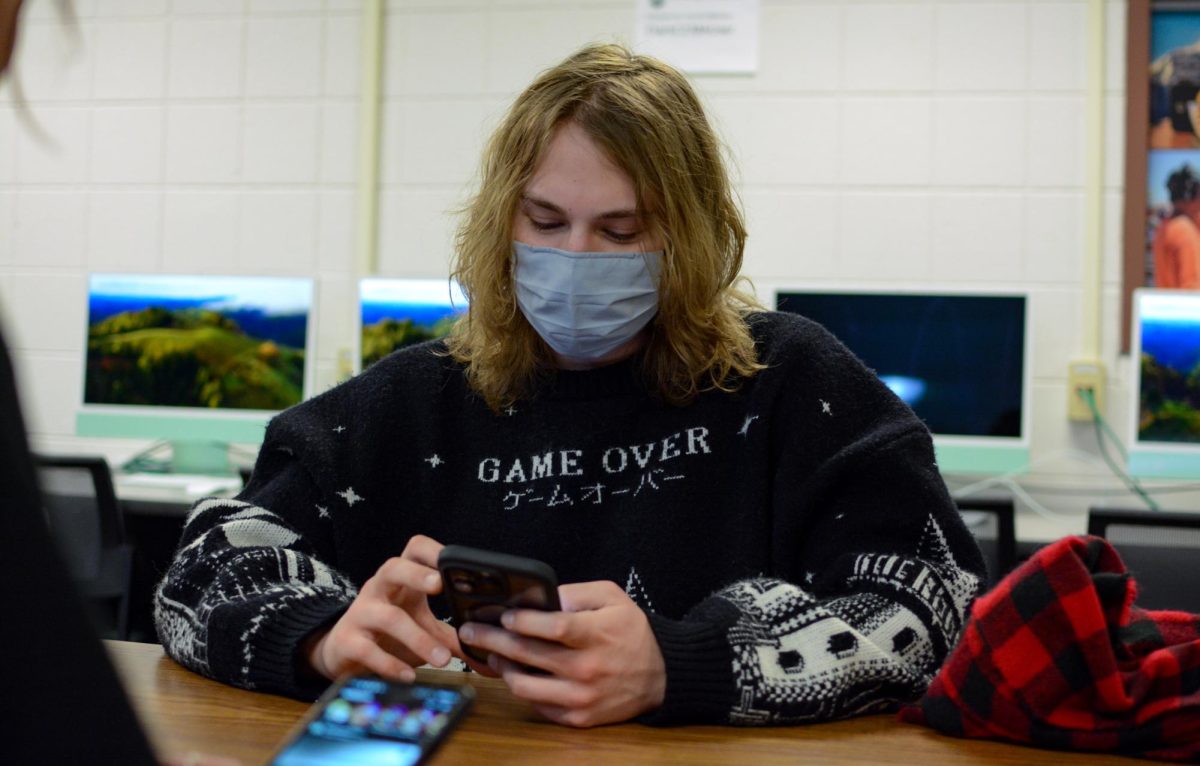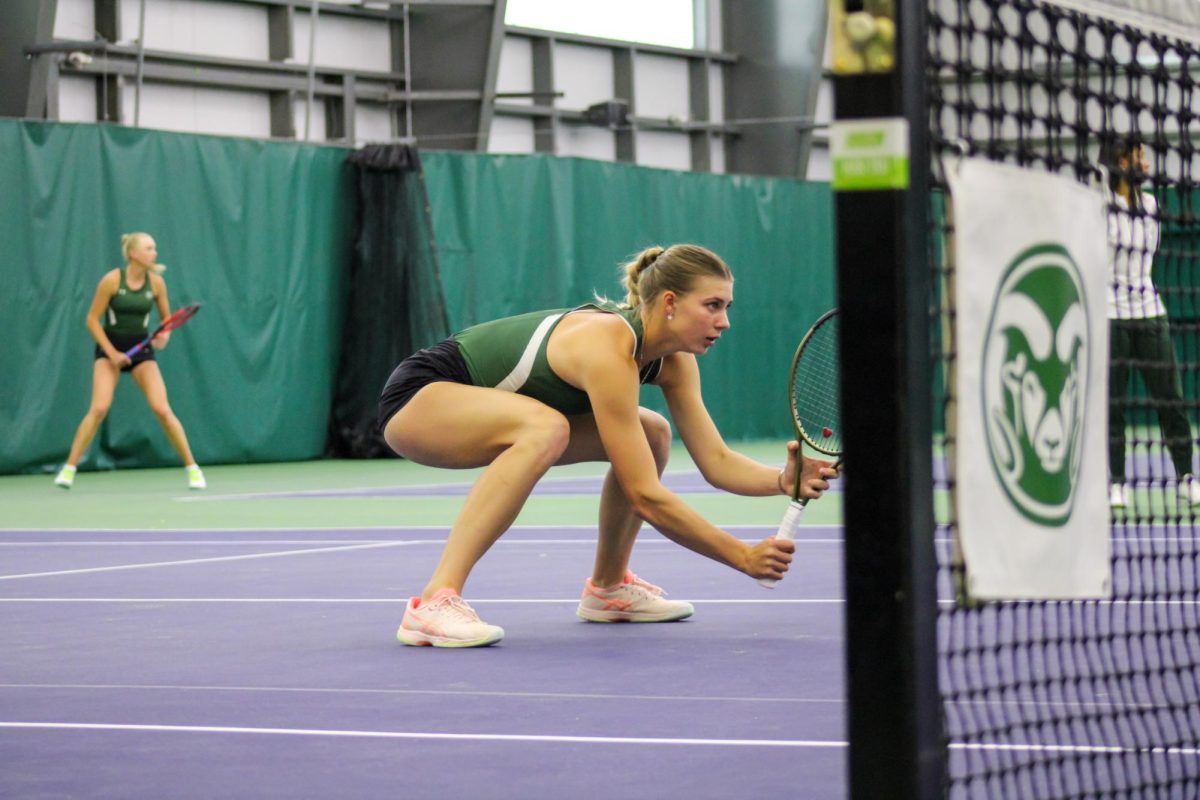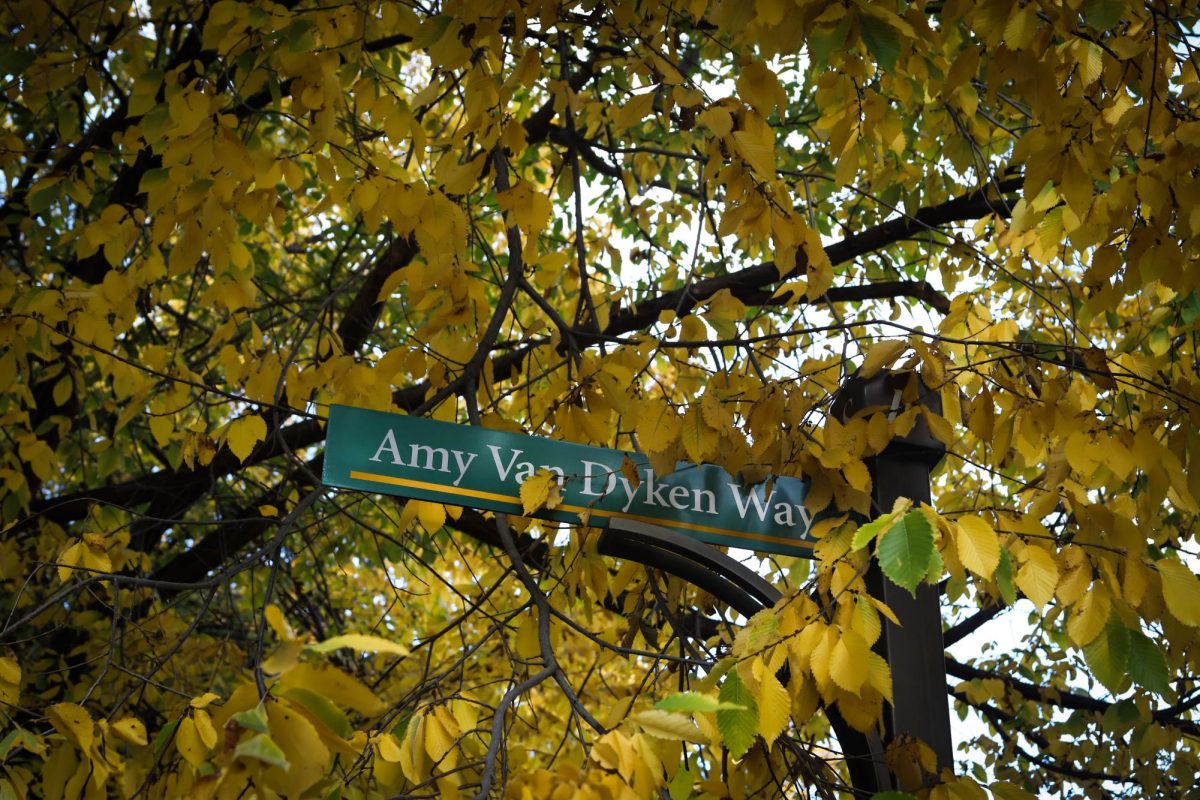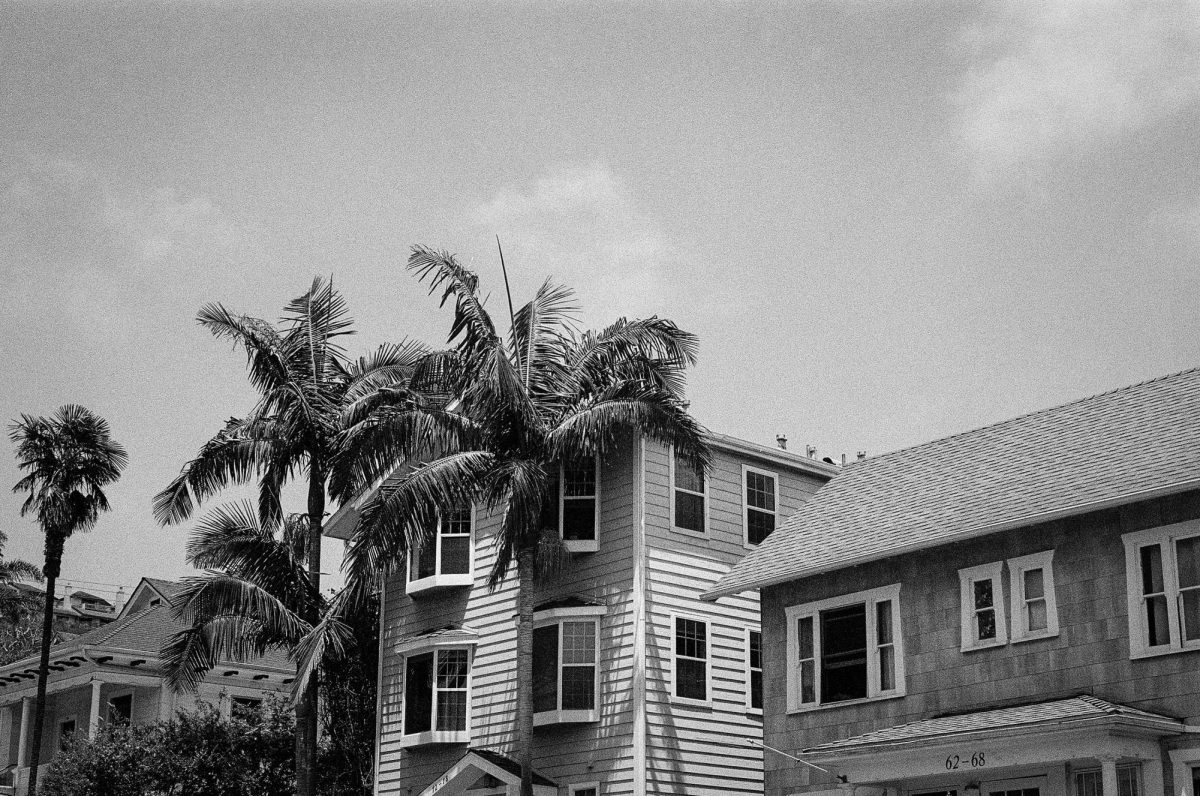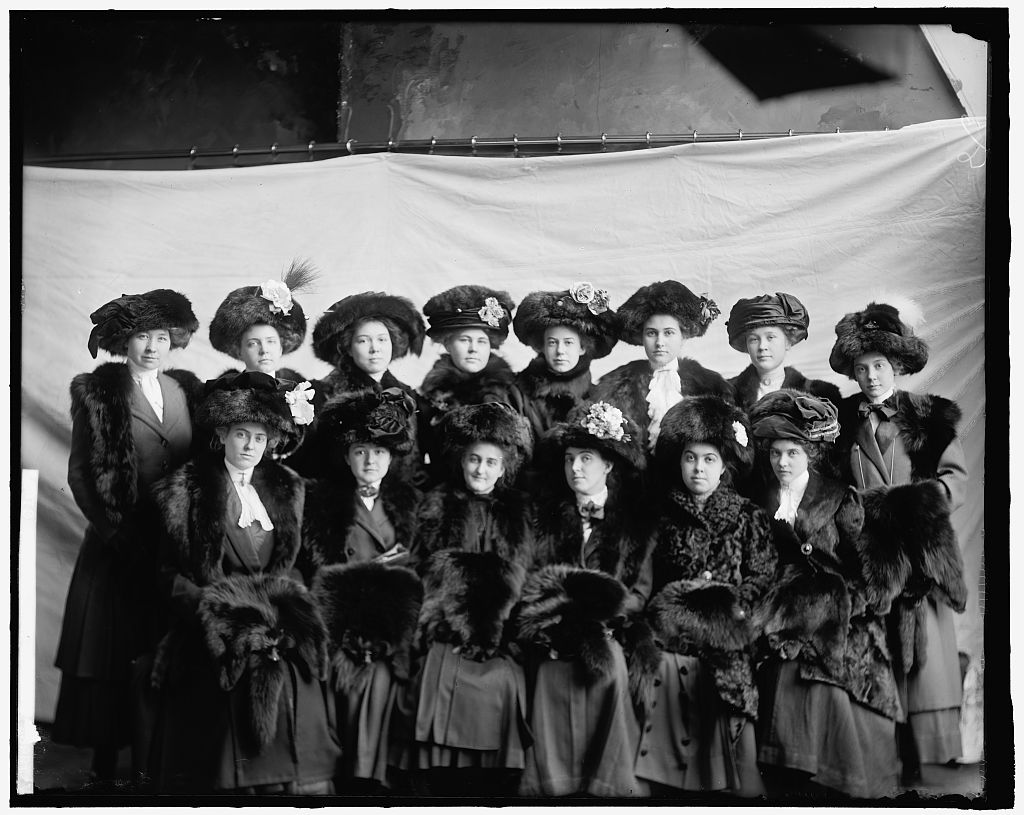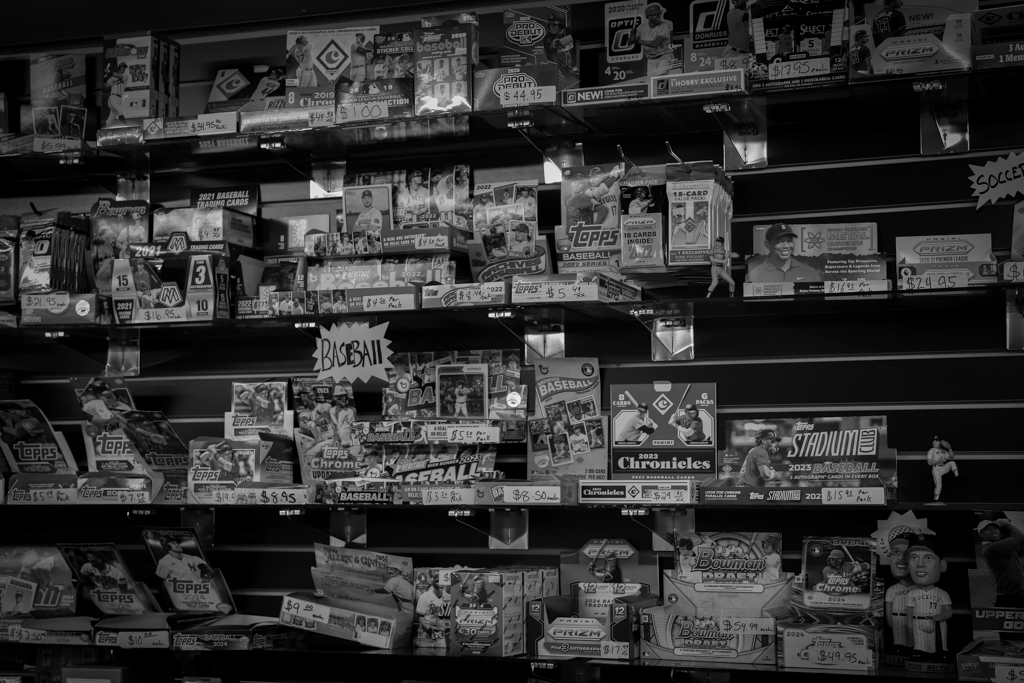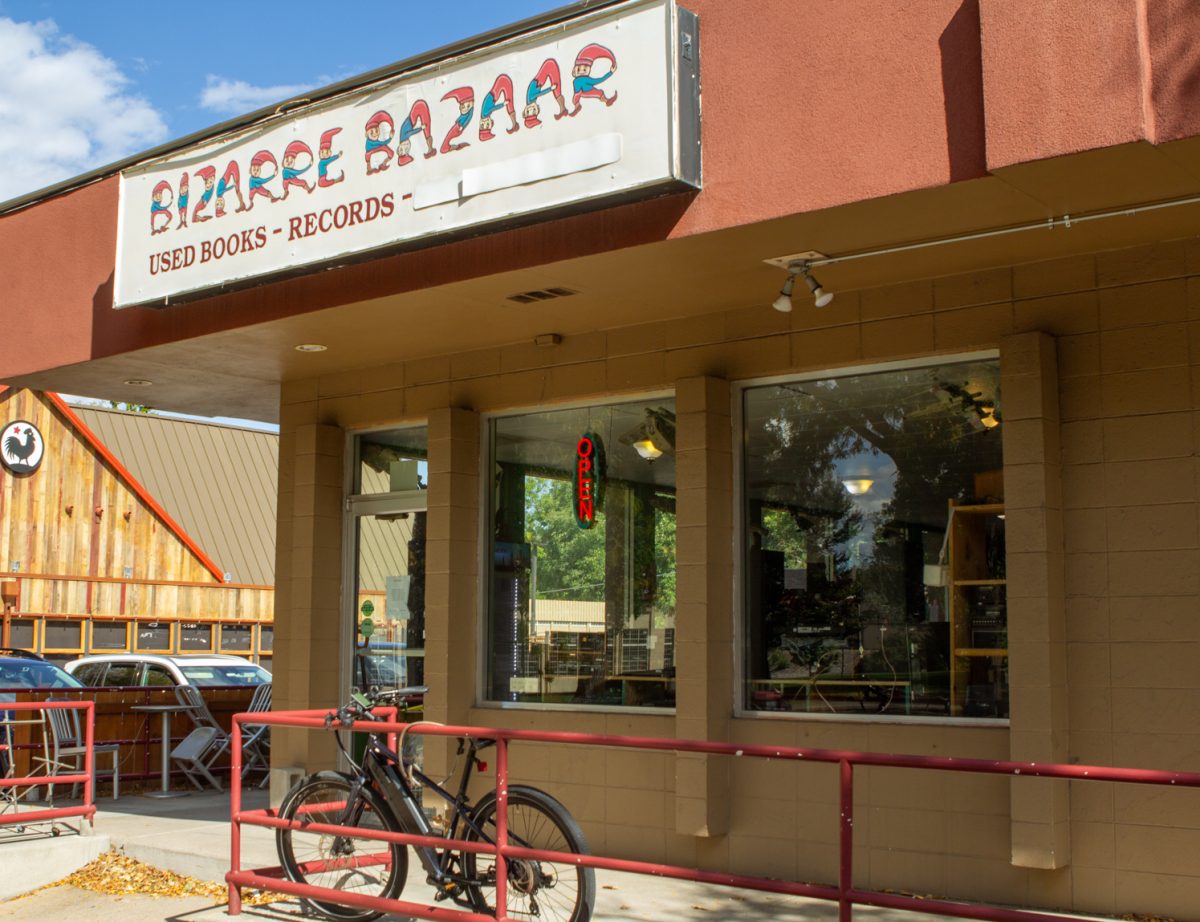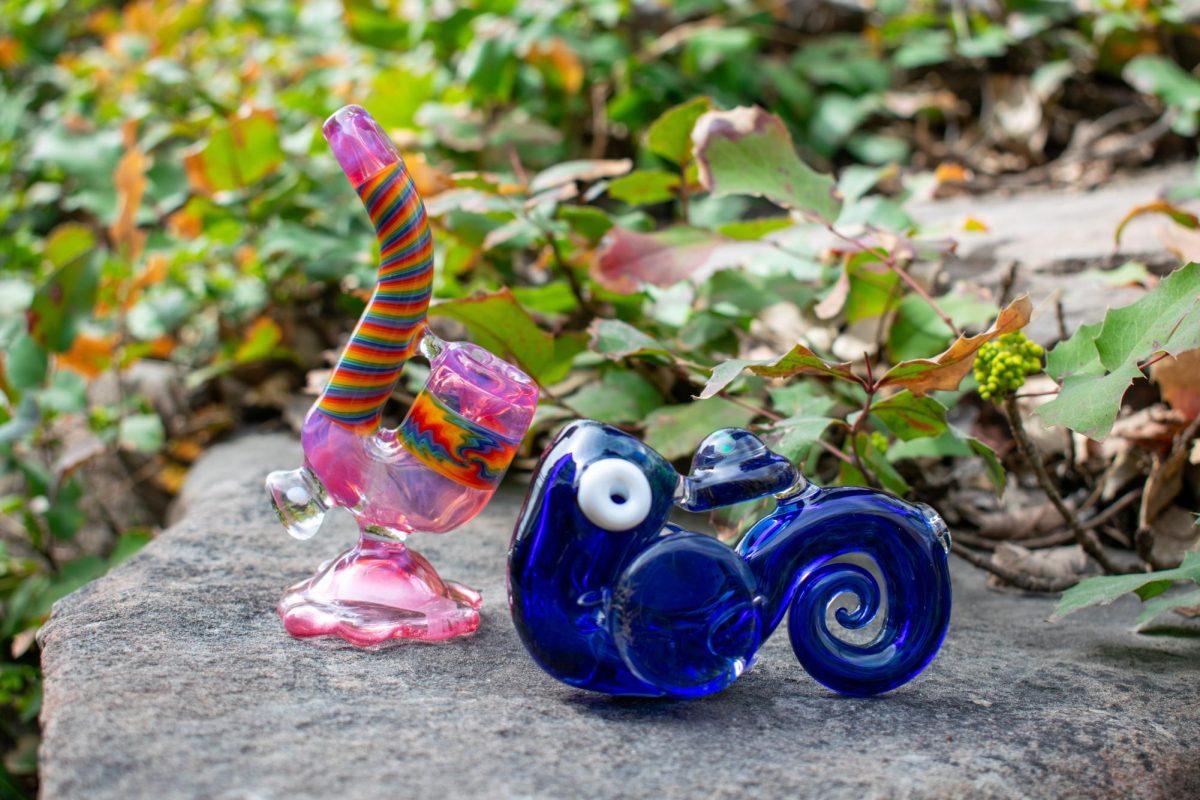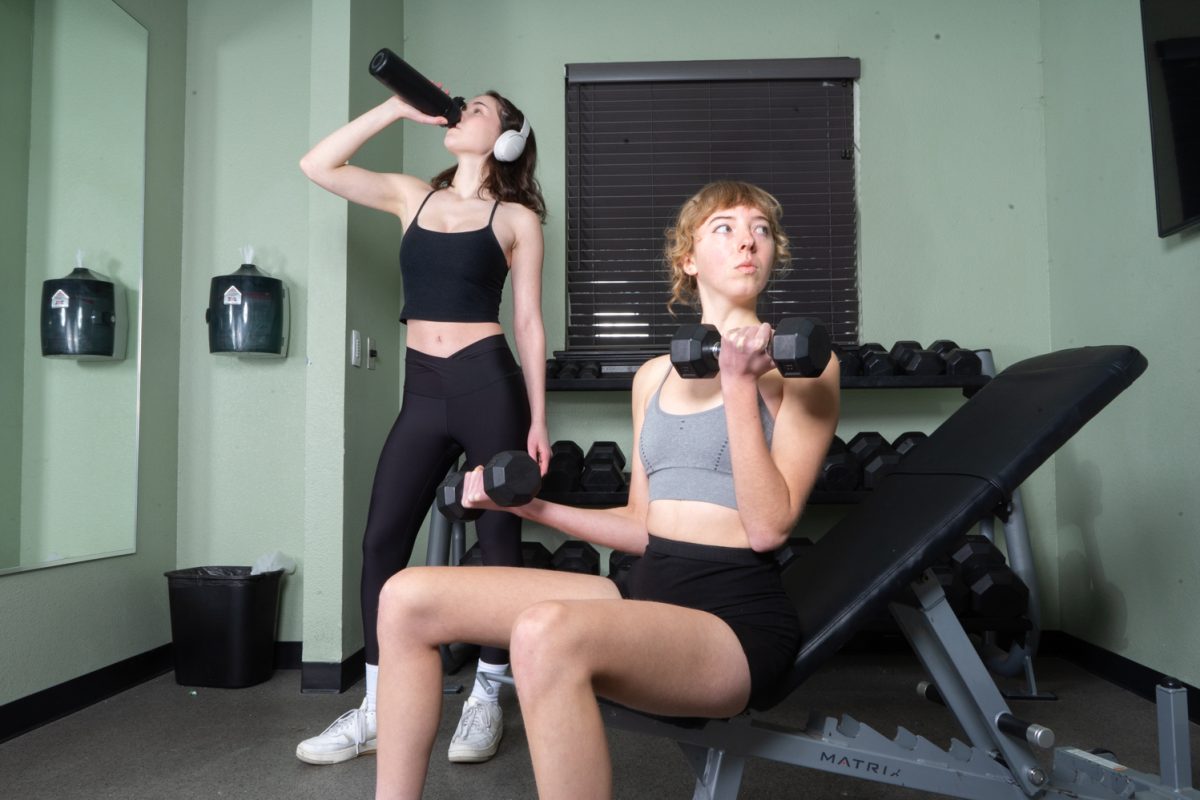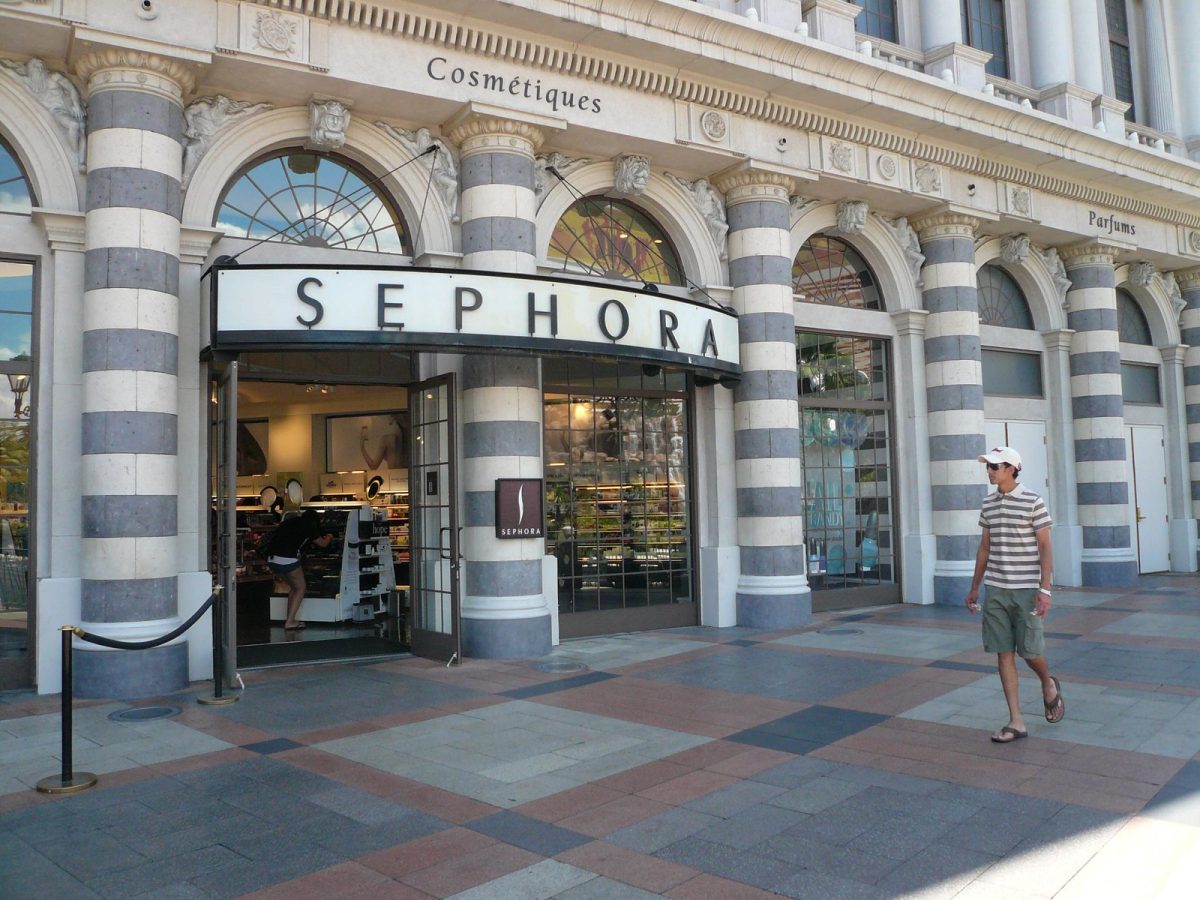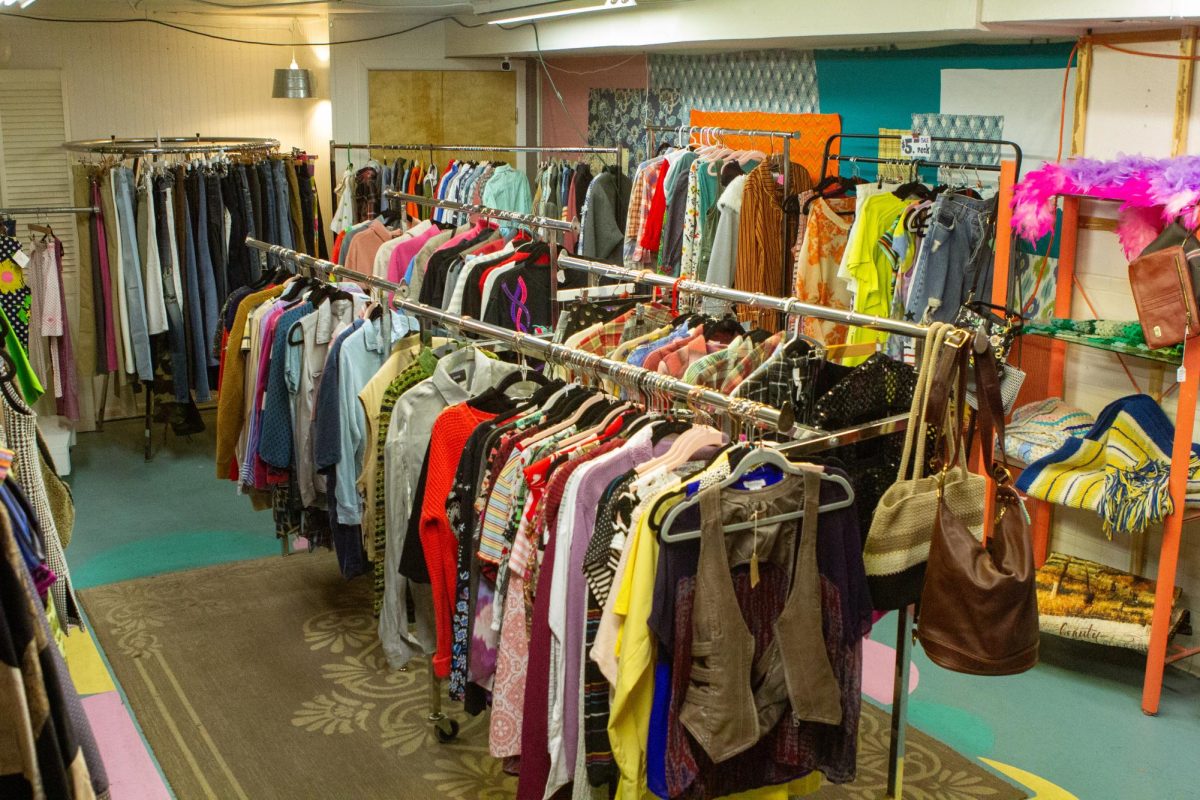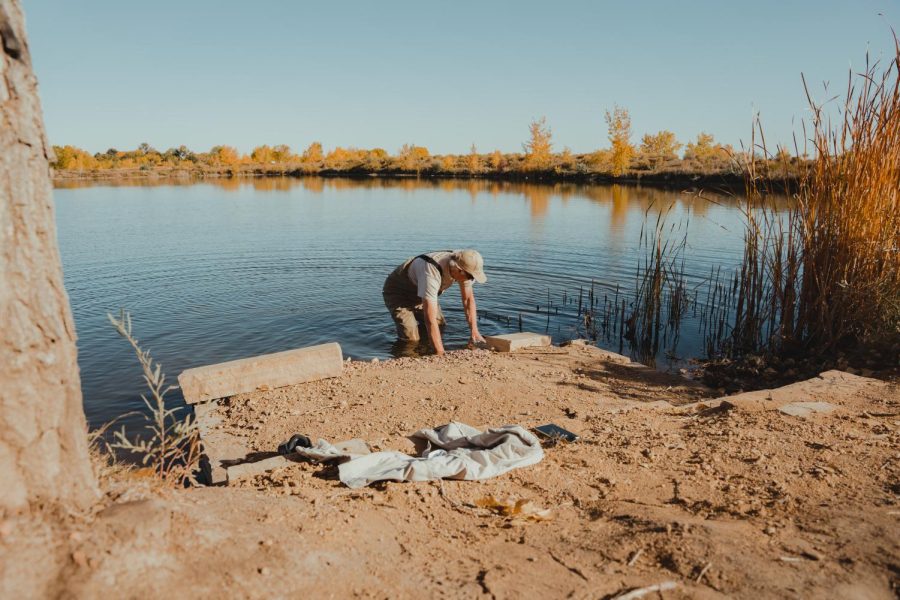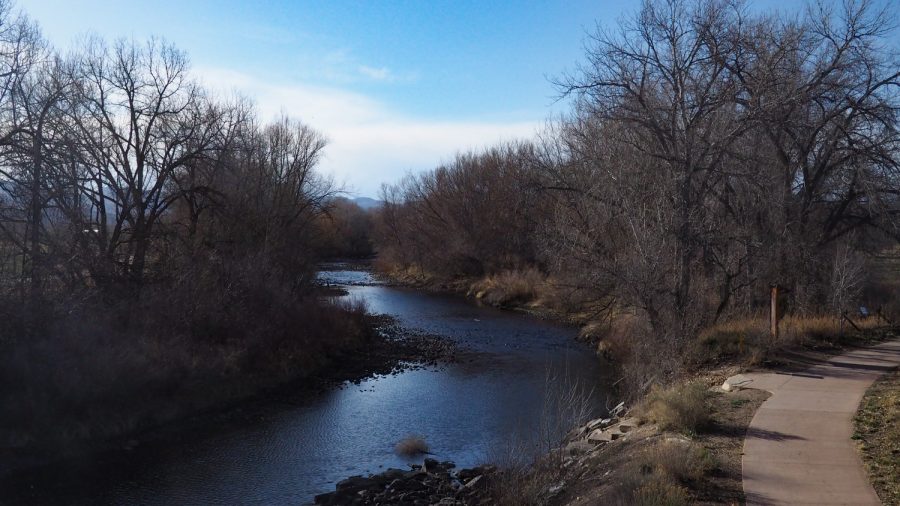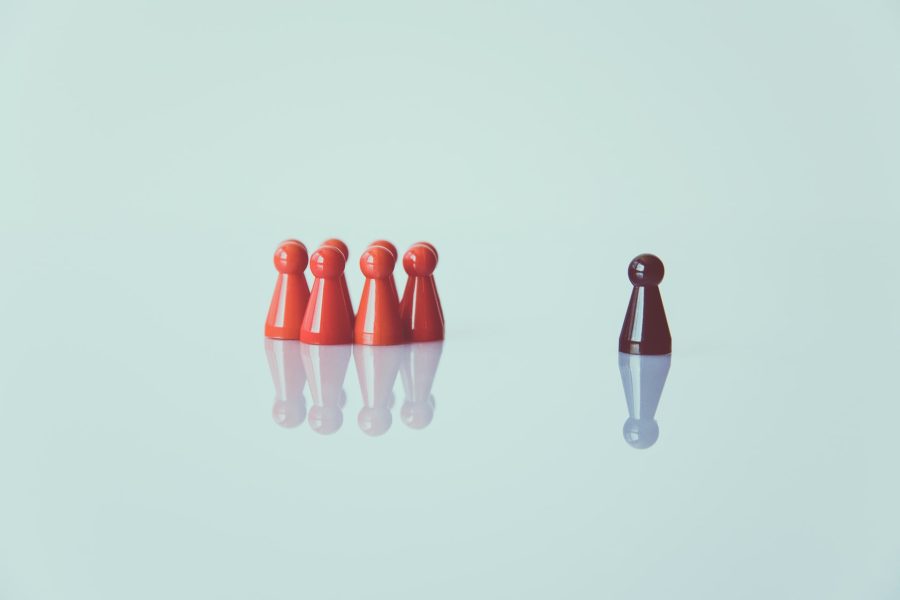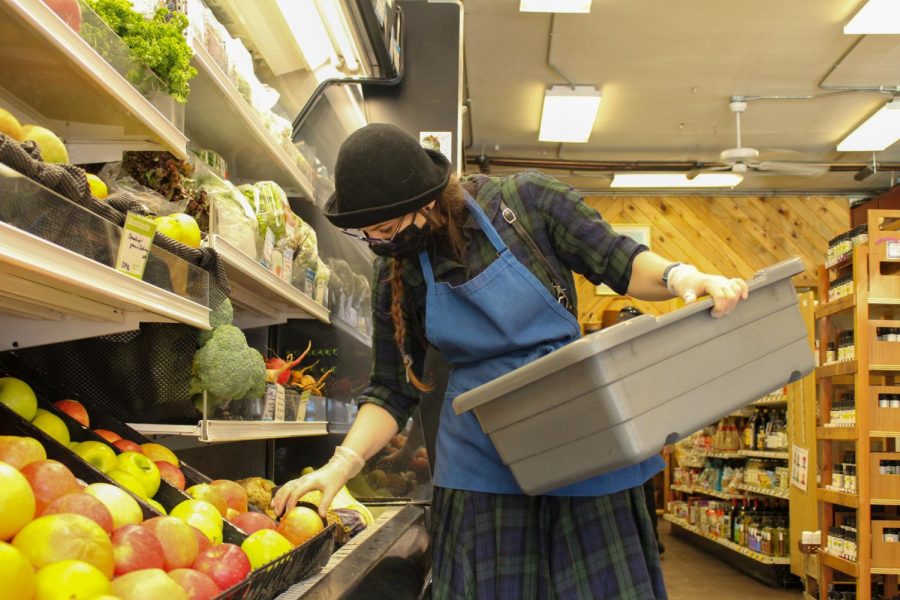Discrimination has been intertwined within Colorado State University’s culture for years, appearing in bathroom stalls, on building walls and has been seen by hundreds on social media platforms.
During the 2019 Fall semester alone, a photo of students in blackface went viral, a swastika was drawn on the side of a building, LGBTQ students had objects thrown at them while being harassed on the plaza, in addition to many other events where students have felt the impacts of discrimination, oppression and harassment on CSU’s campus.
These discriminatory events have been met with public condemnation by school officials, protests, campaigns and speeches, but have not ceased.
“Perpetrators of these harmful acts do not face formal consequences from the University, they typically only endure the social backlash,” says Sara Hughes, a fourth-year social work student at CSU. “When the university allows these acts to go unpunished, it teaches the perpetrators that they can be let off the hook… as long as it was a ‘mistake,’ but we know that ‘mistakes’ like that directly and deeply affect the individuals it targets and many others.”
The lack of action in response to these discriminatory occurrences prompted Professor Marie Zamzow’s Social Policy class to take the matter into their own hands. When tasked with a social action assignment, the class collectively decided to petition for a required class to spread awareness about power dynamics within our culture. This class, titled Deconstructing Power and Oppression, would be a 3-credit All-University Core Curriculum prerequisite for CSU students.
The purpose of this class would be to “better educate students on: diversity in its many forms, including but not limited to race, socioeconomic status, ability — both intellectual and physical, age, religion, gender identity, citizenship, sexual orientation and ethnicity,” according to the petition, which can be found at change.org.
The petition continues by explaining that the class will educate students on privilege and oppression and the modern, historical contexts of diversity’s many forms, as well as how social identities affect each of us.
“This class would be teaching students about the privileged identities they may hold, and how that privilege affects our social world,” said Hughes, a student in Zamzow’s Social Policy class.
In CSU’s ‘social world,’ on campus and in the Fort Collins community, discriminatory words and events create an “environment of racism that we all learn from and we’re all a part of, and we have to unlearn it,” Zamzow explains. “Everybody needs the education [to understand these issues], that’s the only way to prevent it. Otherwise, we just keep reacting to it.”
Everybody needs the education [to understand these issues], that’s the only way to prevent it. Otherwise, we just keep reacting to it.” —Marie Zamzow, social work professor
Many students agree that education is the best way to counter the growing culture of ignorance, spite, and violence stemming from learned perceptions about certain identities.
“In events of racism and other forms of active oppression CSU’s campus and across the country, it has been noticed that the perpetrator(s) often try to explain that they didn’t know any better or somehow didn’t realize what was being done was harmful or wrong, and seeing as CSU is an educational institution… students should be educated about these topics so that they can be aware of what they present and put into the world, and hopefully avoid any future acts of oppression brought upon by lack of education,” Hughes says.
This class is meant to benefit everyone, because “there is simply no way to take place in the workplace without interacting with diverse identities,” says Hannah Kupsov, another student in Zamzow’s class. “A diversity class would enable all majors to be able to be taught pieces of cultural competence in order to successfully navigate their futures.”
In addition to educating students, the class is intended to inspire students “to participate in bringing about change to our society, or at the least, hold themselves and each other accountable when they see discrimination happening. By receiving a formal education about the ways to actively participate in bringing attention to and ending oppression, [hopefully] students will feel empowered and confident to make a stand in the future,” Hughes adds.
Students in Zamzow’s class have been volunteering their time, at least three hours each per week, to help raise awareness about these issues relating to oppression and promote the idea of educating people on these topics. These students have been out on the plaza conversing with the community and acquiring thousands of signatures for the petition on a variety of platforms.
“Learning about diversity is not something we should have to force people to do — people should want to learn about diversity,” Kupsov says. “It makes up everything around us, identities make up the people we love around us, identities have affected everything we know and love today. Therefore, it is an individual, lifelong, social responsibility to learn the truth behind the struggles of many groups throughout society, so that their struggles may no longer be denied, minimized, and ignored. We should not be disillusioned regarding the truth any longer.”
“There are some serious and pervasive problems,” said Zamzow, on the treatment of minority-identifying groups. “There has to be brave people who are willing to stand up and demand what’s right and what’s needed to change the problems that we have. Otherwise, things won’t change.”


